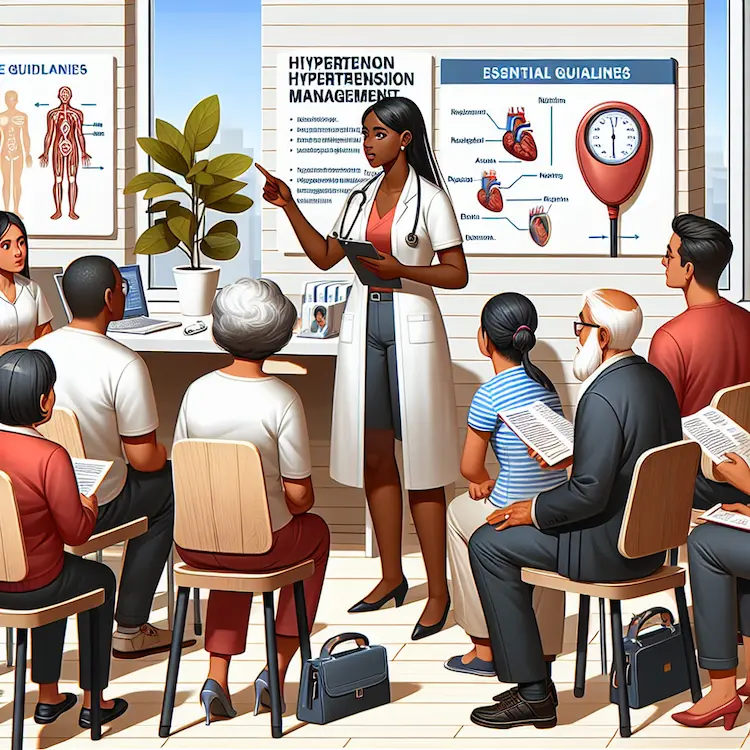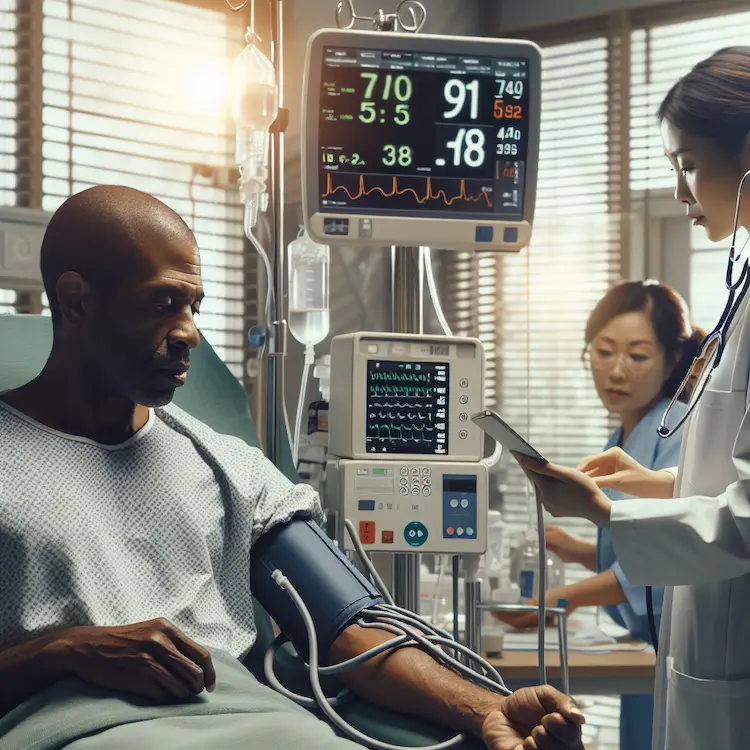A hypertensive crisis is a severe and potentially life-threatening condition that requires immediate medical attention. This article will provide a detailed overview of hypertensive crises, their causes, symptoms, and most importantly, what actions to take when faced with this medical emergency.
A hypertensive crisis occurs when blood pressure rises to dangerously high levels, typically defined as a systolic pressure of 180 mm Hg or higher and/or a diastolic pressure of 120 mm Hg or higher. There are two types of hypertensive crises:

Identifying a hypertensive crisis quickly is crucial. Common symptoms include:
It’s important to note that some individuals may not experience any symptoms, which is why regular blood pressure monitoring is essential, especially for those with a history of hypertension.
If you suspect you or someone else is experiencing a hypertensive crisis, follow these steps:
Once medical help arrives or you reach a healthcare facility, treatment will focus on lowering blood pressure in a controlled manner. The approach depends on whether it’s a hypertensive urgency or emergency.

After experiencing a hypertensive crisis, it’s crucial to work with your healthcare provider to prevent future occurrences. This may involve:
Hypertensive crises pose a significant health risk. In 2018, nearly half a million deaths in the United States had hypertension as a primary or contributing cause. By understanding the risks and taking preventive measures, many of these crises can be avoided.
| Aspect | Hypertensive Urgency | Hypertensive Emergency |
|---|---|---|
| Blood Pressure | ≥180/120 mm Hg | ≥180/120 mm Hg |
| Organ Damage | No | Yes |
| Treatment Setting | Outpatient possible | Intensive Care Unit |
| Medication Route | Oral | Intravenous |
| BP Reduction Goal | Gradual (24-48 hours) | Rapid (minutes to hours) |
| Follow-up | Within 1 week | Immediate and ongoing |
Hypertensive crises in pregnancy, particularly preeclampsia, require specialized care. Prompt treatment is crucial to protect both the mother and the fetus.
Older adults may be more susceptible to organ damage from hypertensive crises and may require more careful BP management.
A hypertensive crisis is a medical emergency that requires immediate attention. Recognizing the symptoms and taking quick action can be life-saving. Remember:
By staying informed and proactive, you can significantly reduce your risk of experiencing a hypertensive crisis and maintain better overall cardiovascular health.